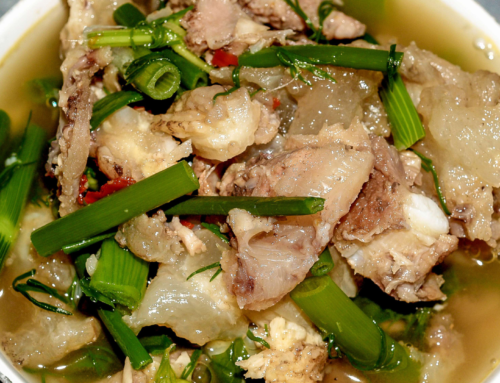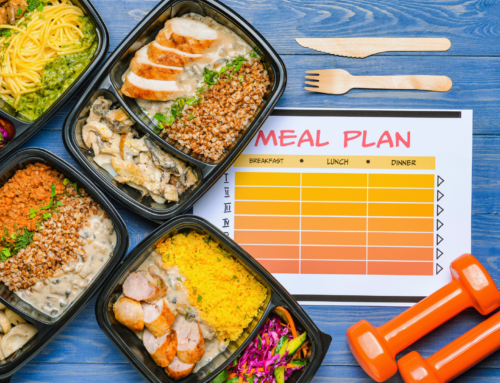Potassium is a mineral that’s essential for life. It’s found in protein, fruits, vegetables, and nuts. It plays an important role in our nervous system, including maintaining the health of our heart and blood vessels. It’s also important to a healthy functioning digestive system.
Potassium is an essential mineral that’s required by the body to regulate blood pressure, protein, muscle and tissue synthesis, nerve system function, and muscle contraction. It’s also important for cell function, and the body uses potassium to regulate the activity of over 200 kinds of enzymes. Potassium is found in many fruits and vegetables, but diets that are high in potassium-rich foods also tend to be high in calories, so you need to keep the two separate.
For instance, if you are susceptible to cardiovascular diseases such as hypertension or coronary artery disease, you may want to include potassium-rich foods such as bananas or leafy greens in your diet in order to regulate blood pressure and reduce the risk of heart attack. Further, you might drink coconut water to maintain electrolyte balance and support heart health. You can approach reputed cardiologists in Vernon, NJ or other localities who can perform regular health checkups and recommend appropriate dosage of potassium if necessary.
What happens if we lack potassium in our bodies?
Potassium is a mineral our body needs to stay healthy. In fact, most of the things we eat contain potassium, like bananas, oranges and other fruit, leafy greens, beans, and dairy. It’s also found naturally in the body, including the blood, muscles, and heart. If you’re not getting enough, your body could start to go out of whack, and symptoms might include muscle cramps, weakness, and fatigue.
It is true that potassium is necessary for maintaining the body’s fluid balance. Still, it’s not so much about reducing edema or swelling that you’re likely to experience as you get older. Potassium, or K, is a mineral found in all living things found in many foods. It is needed for the body’s normal functioning and is especially important for our hearts, nerves, muscles, and metabolism. You should also be aware that potassium deficiency can also manifest itself in your nervous system by causing muscle cramps, even if you’re not experiencing any fluid build-up in your limbs.
Potassium is a mineral that is critical for the proper operation of our bodies. Potassium is found in most fresh fruits, vegetables, and especially in dark leafy greens. We do not get enough of it from our diets every day, and in fact, most Americans do not consume enough potassium in their daily diets. This is because potassium is lost in cooking, pasteurization, and other food processing.
Foods That Are High in Potassium
Potassium is a mineral that is critical for the proper operation of our bodies. Potassium is found in most fresh fruits, vegetables, and especially in dark leafy greens. We do not get enough of it from our diets every day, and in fact, most Americans do not consume enough potassium in their daily diets. This is because potassium is lost in cooking, pasteurization, and other food processing. But worries, here are some of the foods that are high in potassium:
- Beet Greens. Beet greens, also known as beet greens, contain more potassium than any other leafy green. Whether you’re looking for a way to get more potassium into your diet or you want to increase the amount of potassium in your diet, beets are an excellent choice.
- Salmon. Salmon is one of the leanest and most nutritious of all fish. It is also rich in the mineral potassium, which is needed to transport nutrients in and out of cells, and the mineral plays a role in maintaining muscle and nerve function.
- Large White Beans. White beans hold up against other beans when it comes to potassium, a mineral that our body needs to function properly. One cup of cooked beans provides about 3,000 milligrams of potassium, which is more than can be found in bananas (1,500 milligrams) or oranges (2,000 milligrams).
- Avocado. Avocado contains a lot of potassium. One cup of avocado has 400% of the recommended daily value of potassium, which is the mineral that regulates water balance in the body. That makes avocado a very good option for people who want to add more potassium to their diet.
High in potassium foods are ideal for maintaining healthy blood pressure and heart health. They help maintain normal levels of electrolytes in the body, which are all vital for good health and can help prevent heart attacks, strokes, and other cardiovascular problems. Potassium is an electrolyte that is essential for helping the heartbeat, keeping the muscles and the nerves working properly, and allowing the body to maintain a normal heartbeat.





Leave A Comment